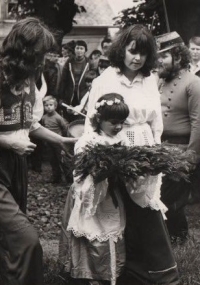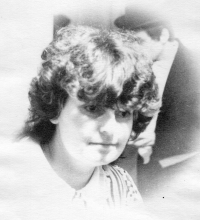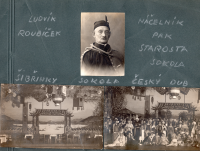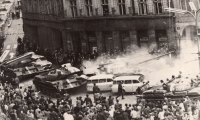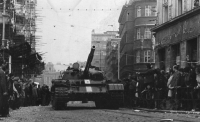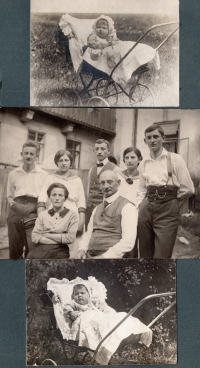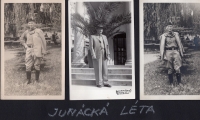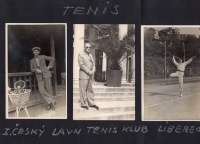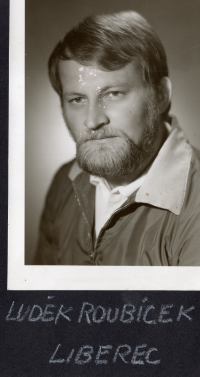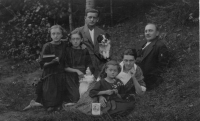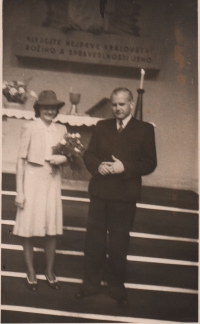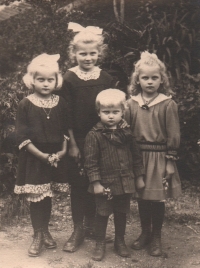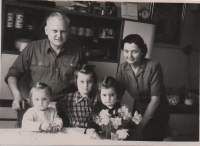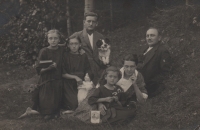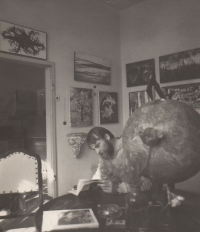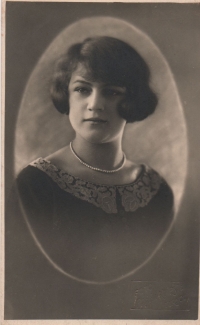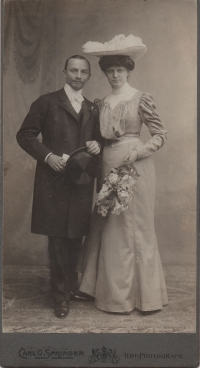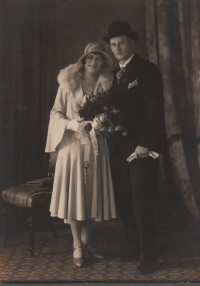We were being driven off the streets in August 1968 by the Czechs, fellows in grey uniforms
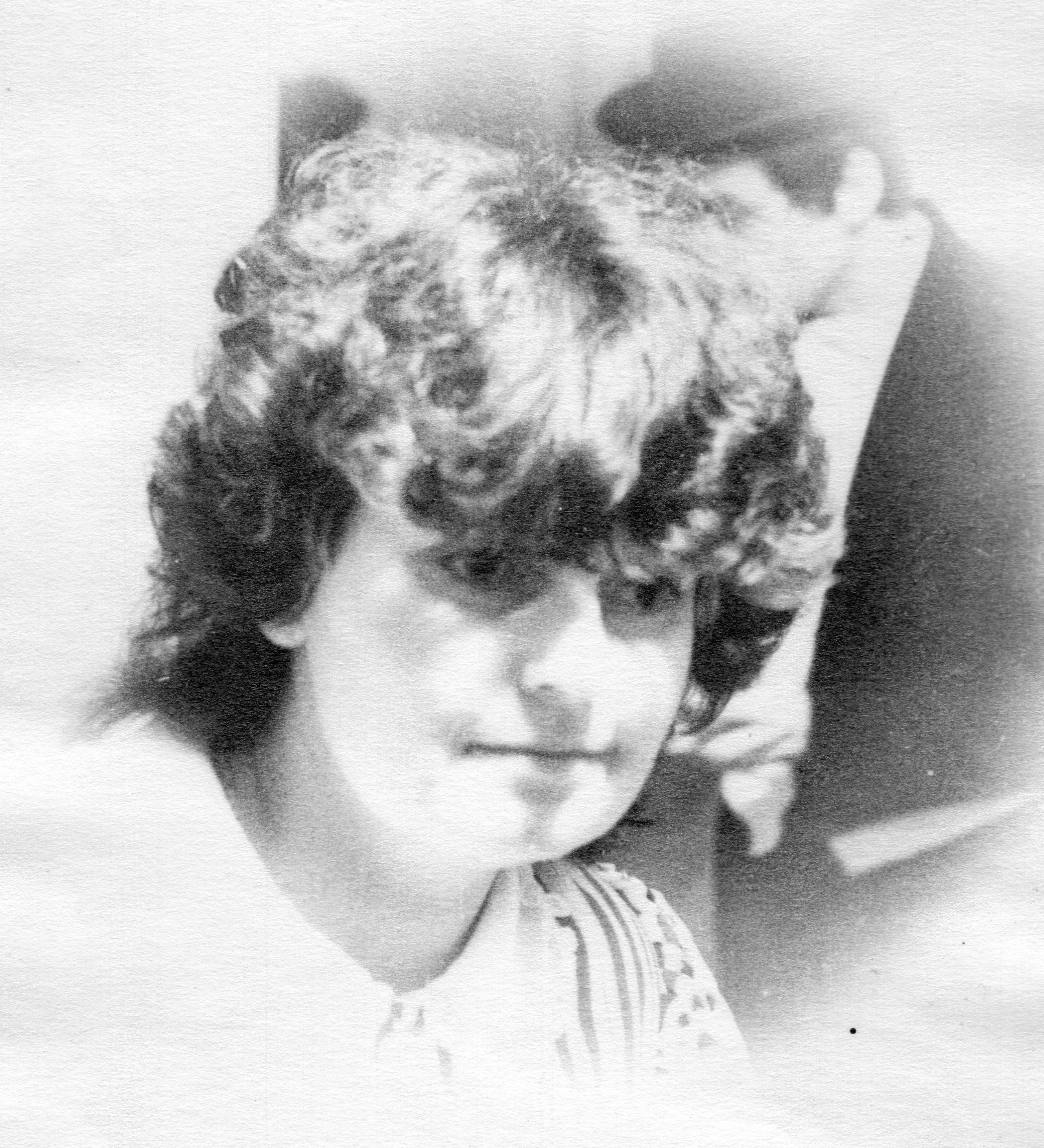
Download image
Jitka Roubíčková, née Kašparová, was born on 30 July 1948 in Prague. She soon moved with her parents to East Bohemia, where she spent an almost idyllic childhood. She lived through the invasion of the Warsaw Pact troops in August 1968 in Prague, where she had returned to study and work. In August a year later, she was driven off an anti-occupation demonstration by Czech militiamen. She moved to Liberec to join her future husband, Luděk Roubíček, an artist of many professions. They were members of the Hobby Club Liberec, and Luděk Roubíček exhibited at the First Private Flat Exhibition. They raised three children, the whole family was involved in the creation and performances of the Flying Theatre on Wheels, in which children with disabilities also perform. In 2022 Jitka Roubíčková was living in Liberec. We were able to record her story thanks to the support of the Statutory City of Liberec.
